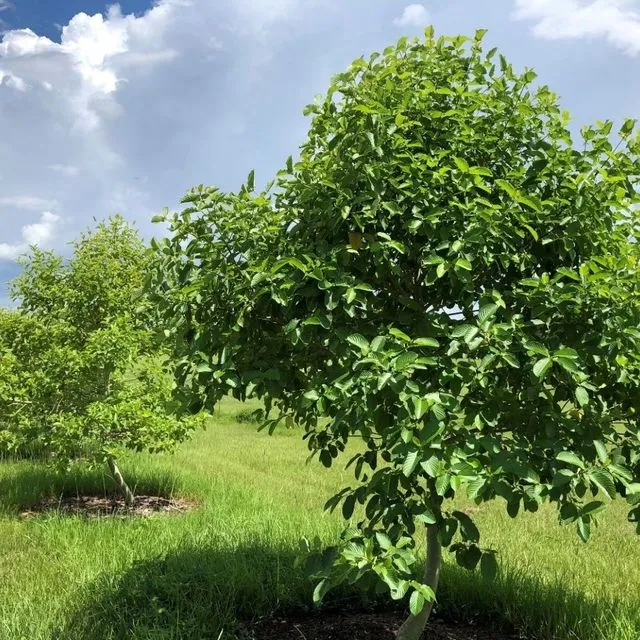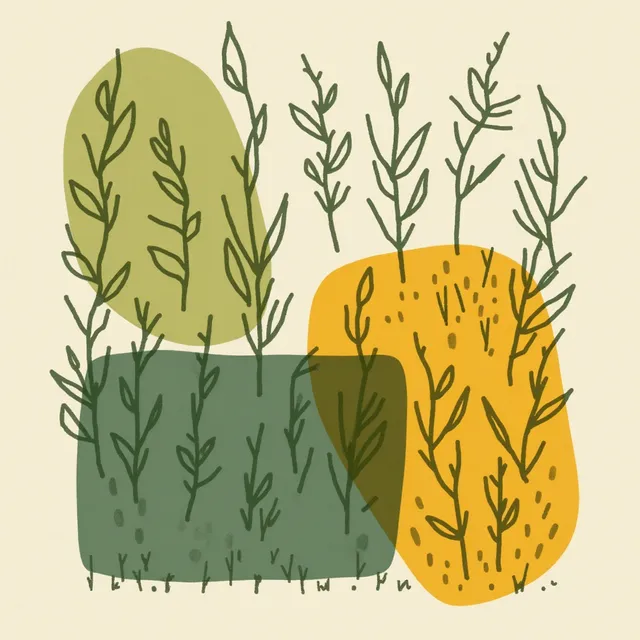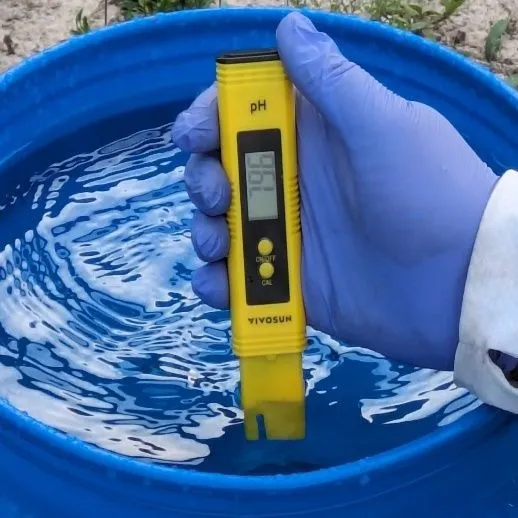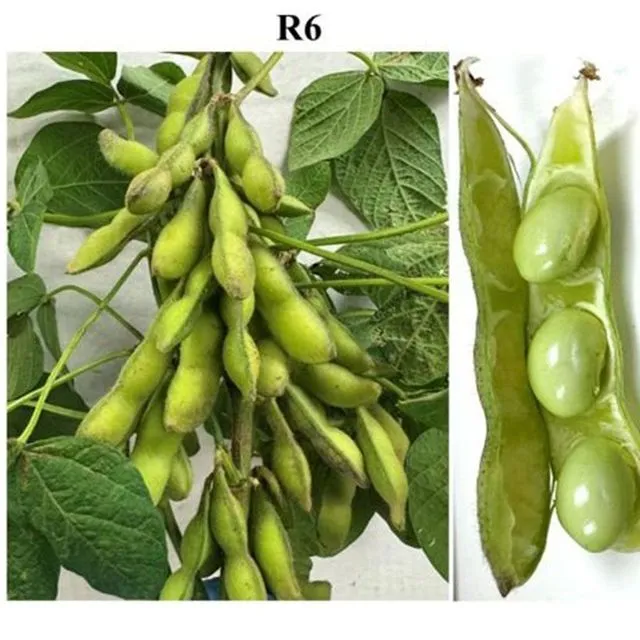Specialty Crops
Available Languages:
English
Fruits and vegetables, tree nuts, dried fruits, horticulture, and nursery crops (including floriculture). Wild plants are not considered specialty crops even though they may be used for the same purpose as cultivated plants. However, natural populations of native plants that are brought into cultivation, such as sugar maple trees, pecans, blueberry, huckleberry and cranberry are considered specialty crops by USDA.
Narrower Topics
Fruit Crops
Fruit crops are those yielding fruits and berries which generally are characterized by their sweet taste and their high content of organic acid and pectin.
Horticulture
Horticulture is defined as that branch of agriculture concerned with growing plants that are used by people for food, for medicinal purposes, and for aesthetic gratification. [NALT]



